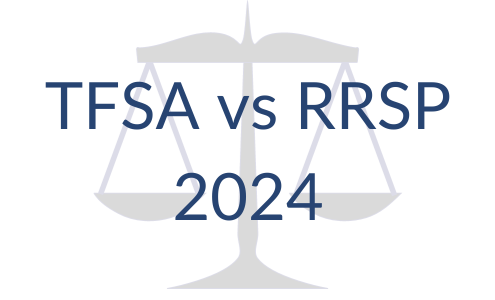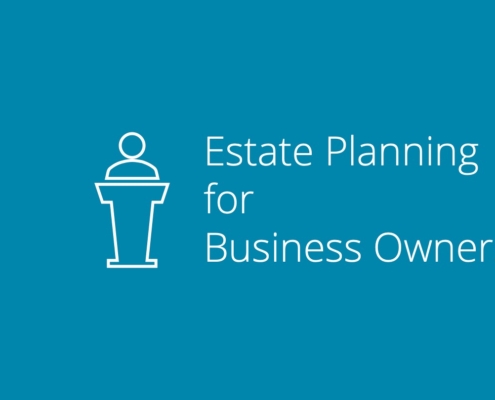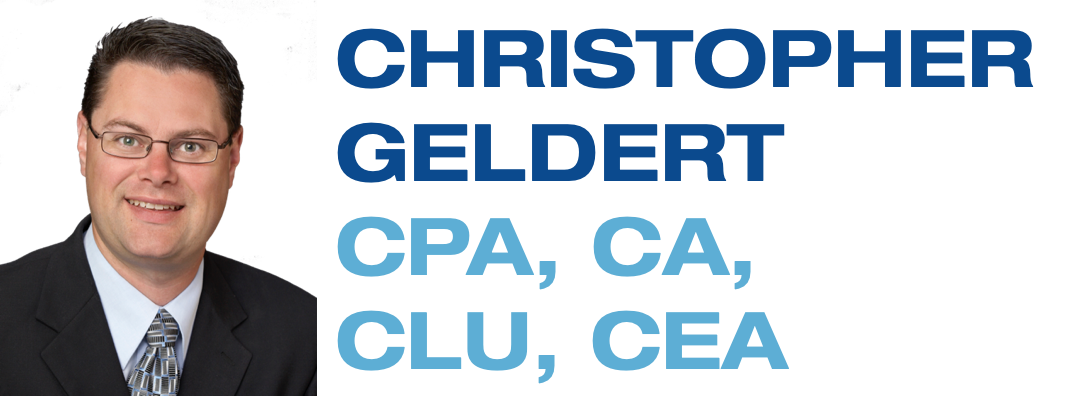
TFSA vs RRSP – 2024
2024, Blog, Business Owners, Estate Planning, Family, financial advice, Financial Planning, individuals, Investment, personal finances, Professionals, Retirement, RRSP, Tax Free Savings AccountWhen looking to save money in a tax-efficient manner, Tax-Free Savings Accounts (TFSA) and Registered Retirement Savings Plans (RRSP) can offer significant tax benefits. The main difference between the two is that TFSAs are ideal for short-term goals, such as saving for a down payment on a house or a vacation, as its growth is entirely tax-free, while RRSPs are more suitable for long-term goals such as retirement. When comparing deposit differences, TFSAs have a limit of $7,000 for the current year, while RRSPs have a limit of 18% of your pre-tax income from the previous year, with a maximum limit of $31,560. In terms of withdrawals, TFSAs have no conversion requirements and withdrawals are tax-free, while RRSPs must be converted to a Registered Retirement Income Fund (RRIF) at age 71 and withdrawals are taxed as income.

Can Probate be Avoided?
Blog, Estate PlanningExecutors often find that the probate process can be both time-consuming and expensive. Planning strategies exist that may eliminate or reduce the requirement of having assets probated.

Estate Equalization for Family Business Owners
Blog, Business Owners, Estate PlanningIn the planning of their estates, most parents might prefer to leave their assets in equal shares to their children. Often, the only complication in this scenario could be how to divide up the family home.
For owners of a family business, however, the concept of treating the children equally can often be much more problematic. This can especially be the case where one or more children are active in the business while others are not.

Now May Be a Good Time to Review your Estate Plan
Blog, Estate PlanningIt has long been an accepted strategy to provide sufficient estate liquidity to pay taxes due at death from the proceeds of a life insurance policy. In Canada we are fortunate to have permanent life insurance policies that insure an individual for their entire life with a premium that is guaranteed not to increase. It is feasible to be able to use these policies in an effective estate plan.

Estate Planning for Blended Families
Blog, Estate Planning, FamilyIn today’s family, it is not unusual for spouses to enter a marriage with children from previous relationships. Parents work hard at getting these children to functionally blend together to create a happy family environment. Often overlooked is what happens on the death of one of the parents. In most cases, special consideration for estate planning is needed to avoid relationship loss and possibly legal action.
Typically spouses leave everything to each other and when the surviving spouse dies, the remainder is divided amongst the children. The problem? Even with the best of intentions, there is no guarantee that the surviving spouse will not remarry and inadvertently disinherit the deceased’s children.

Estate Planning for Business Owners
Blog, Business Owners, Estate Planning, Family, Life InsuranceWhat happens when the children grow up and they are no longer dependent on their parents? What happens to your other "baby"- the business? Estate planning for business owners deals with the personal and business assets.

Having Your Cake and Eating it Too
Blog, Estate Planning, Financial Planning, InvestmentInvesting in an uncertain stock market is not for the faint of heart. However, fortunately for Canadians, Segregated Fund products offered by many life insurance companies provide a safety net for nervous investors.
Fund products present some interesting opportunities for people looking to get more security in their investment portfolios without sacrificing their potential for growth.

Pay Attention to your Beneficiary
Blog, Estate PlanningNaming a beneficiary is a valuable feature of life insurance and segregated funds policies so it is important to carefully choose your beneficiaries.

How To Protect Your Estate
Blog, Estate PlanningYou have spent your life working hard and accumulating wealth for you and your family to enjoy. While you are living you pay taxes annually on both your earned and investment income. But did you know that your assets may also result in a tax liability upon your death or the death of your spouse? In Canada, a taxpayer is deemed to dispose of all of his or her assets at death. If the value of these assets exceeds their cost, then, without proper planning, taxes could be payable.
But the good news is, it might be possible to reduce or at least delay the payment of this tax by organizing or re-allocating certain assets that would result in a tax liability at your death. There is also a way to cost-effectively accumulate tax-free funds to pay all or part of any taxes that may become due upon your death.
Of course, every situation is different, so you should consult with a financial advisor before making any big decisions. Below is a simple guide that will help you structure your estate in the most tax-advantageous method.

Have You Overlooked Assets in Your Estate Planning?
Blog, Estate Planning, Financial PlanningDigital assets are essentially anything that has inherent worth that is also in digital form. What establishes their status as an asset is the fact that they come with a “right to use” (e.g. a password). Without a right to use, they are just considered data. Digital assets could include family photos, air miles, hotel rewards, grocery store points, and especially cryptocurrency.
